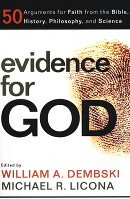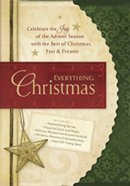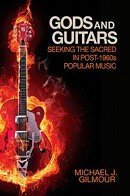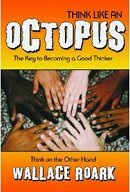Book Reviews: Soul Print
Soul Print: Discovering your divine destiny by Mark Batterson (Multnomah)

|
Your fingerprint differentiates you from every other person, but it is only skin deep. Author Mark Batterson sees your soul print as who God made you to be now, as well as who you are destined to become. This print is the “truest reflection of God’s image,” Batterson writes, and it is past, present and future tense.
Soul Print takes readers on a journey through defining moments in the life of King David. The book is written using five acts and a closing. The first, “Holy Confidence,” shows how young David faced the Philistine giant Goliath without King Saul’s armor but only with his proven slingshot. David chose to be who God made him—his soul print—rather than rely on other alternatives. David’s soul print is further exposed through the remaining chapters, climaxing in an account that exposed David’s blind spot and sin with Bathsheba. But in the final chapter, the author points out David was not defined by his sin.
Discussion questions for each chapter make the book a great study for church groups. Enjoy the journey through Soul Print, and perhaps God will move you into the process of finding all he has on his heart for you.
Leo Smith, retired executive director
Texas Baptist Men, Dallas
While We’re Far Apart: A Novel by Lynn Austin (Bethany House)

|
Why does God allow terrible things to happen to his people? Why should the faithful pray when he doesn’t answer? Why do “good” Christians commit terrible acts?
Lynn Austin examines those questions in her novel While We’re Far Apart. Set during World War II, the five-time Christy award-winner tells the story through the eyes of three inter- twined characters. Twelve-year-old Esther Shaffer doesn’t understand why God let her mother die or her father volunteer for the army. The Shaffers’ neighbor, Jacob Mendel, no longer prays since his wife died, his Jewish family has been “lost” in Europe, and he’s accused of arson. Quiet, unobtrusive Penny Goodrich, who grew up next door to Esther’s father, still has a crush on him. When he needs someone to move to his apartment and care for Esther and her younger brother, Goodrich volunteers against the advice of her unloving parents.
The author doesn’t shy away from the horrors of war or the prejudices of people. Instead, she uses them to teach forgiveness, truthfulness and unconditional love. Ultimately, Esther and the others learn that, as in the Old Testament story of Queen Esther, God may be the unseen character, but he’s ever-present, working in the lives of his children.
Kathy Robinson Hillman, former president
Woman’s Missionary Union of Texas, Waco
Retreating with God: Searching for the Heart of God in the Beat of Life by Berry Simpson (Stonefoot Media)

|
Berry Simpson’s life focuses on three great loves—God; his family, including wife, Cyndi, and their children; and outdoor adventure. Those loves permeate his latest book, Retreating with God, based upon his solo backpacking trips in Guadalupe Mountains National Park.
Simpson’s writing bespeaks his background as a petroleum engineer. It’s structured and systematic, exhaustively chronicled, and always focused on locating and exploring details that define the difference between living for self and living for God. Retreating with God is a two-part travelogue—into the splendor, grandeur, wildness and danger of Texas’ desert mountain range, and into the heart of a Christian husband, father and Bible teacher who constantly asks what difference following Jesus makes in the real world.
Simpson, a deacon at First Baptist Church in Midland, is a former online columnist for the Baptist Standard, and you can find his blog at www.journalentries.org. His book particularly appeals to backpackers, folks who love far West Texa, and men who want to grow in their relationship with Christ.
Marv Knox, editor
Baptist Standard, Dallas






























